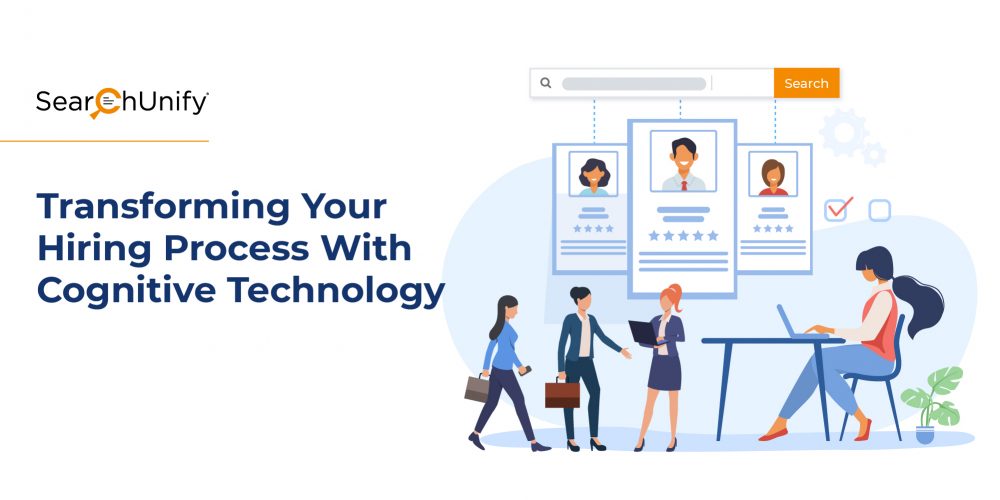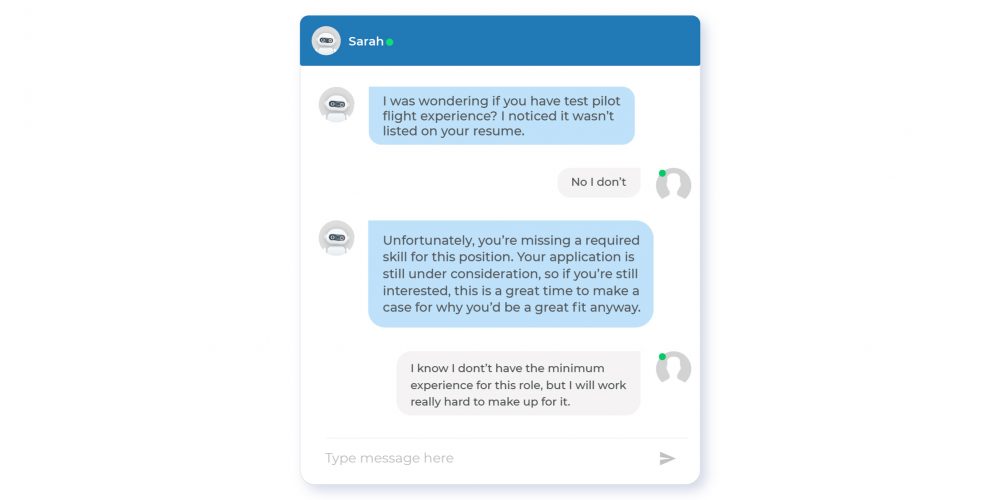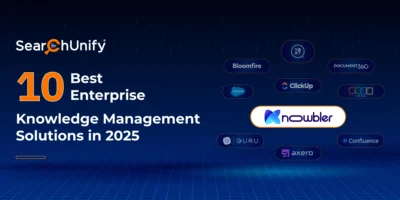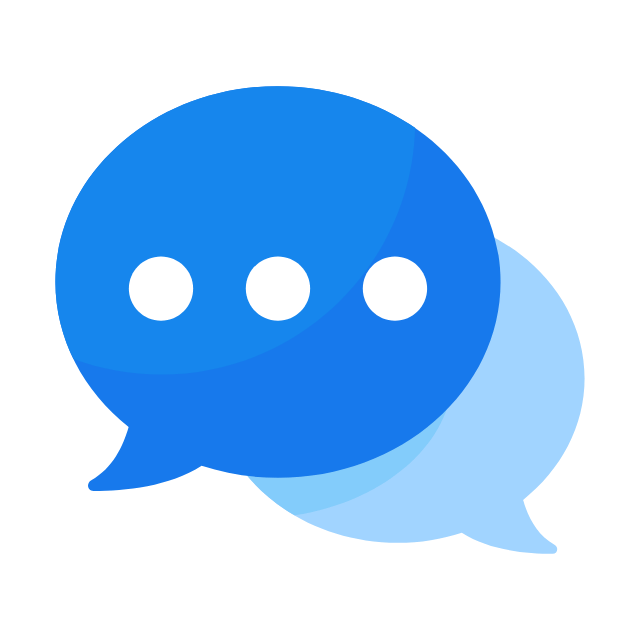
Research says that recruiters spend over 60% of their time trying to find the right candidates. Apart from that, they also have to juggle job requisitions, job postings, identify passive candidates, manage applications, etc. That’s a lot of ground to cover, isn’t it? Wouldn’t it be great if technology could take some weight off their shoulders?
Enter, cognitive search.
It not only automates tedious, manual processes but also empowers your recruitment team to make smart, cost-effective, and data-driven decisions. In fact, 46% of senior HR executives already believe that cognitive technology can completely transform their talent acquisition capabilities, and 42% say it will bring substantial operational efficiencies to this area. Let’s dig deeper into that.
1. It Makes Candidate Sourcing Easy
The time-constrained recruiters are always on the hunt for candidates that would best fit the organization. They have to analyze several resumes, match candidates against profiles, connect with hiring agencies, and whatnot. Resume screening itself takes up 70% of their time and that too when 80% of the resumes received do not even qualify for the job. The agony!
An AI-powered solution can scour more than 300 million social profiles from platforms such as LinkedIn, Facebook, etc. to sort and rank profiles, and present the most relevant candidates on just one click. It uses predefined attributes–job title, geographic location, work experience, even base salary range–to eliminate irrelevant profiles and populate a list of best people for the job.
2. It Extracts Insights from Every Step of the Process
Unstructured data sets such as resumes and CVs shared over emails, conversations on social media, documents and suggestions shared on internal collaboration platforms, telephonic interviews are data gold mines. But not a lot of companies utilize the full potential of this data.
With cognitive tech, they can. Its advanced NLP & ML algorithms learn at every point of interaction and provide rich insights into your hiring process. It helps identify the channels that are getting your company the best available talent. It reveals which platforms are working the best for finding interns, associates, and executive-level candidates. This helps you define and allocate the finances to the right channels.
3. It Empowers You To Make Strategic Decisions
Did you know Twitter uses Natural Language Processing (NLP) and AI to analyze tweets in real-time? It then ranks them using various metrics to display the tweets that have the potential to drive the most engagement.
Firms can use cognitive engines equipped with NLP algorithms to examine interview recordings and other communications with the candidates. Paired with sentiment analysis techniques for market research, this can show them a clearer picture of what candidates expect. As a result, the organizations can better position themselves to attract the top talent, which in turn drives better business outcomes & keeps attrition under check.
4. It Gets Your Job Listings Right On The Mark
One of the most important parts of hiring is job descriptions. Hiring managers often end up using standardized terms in the description of the job as well as an ideal candidate. Unfortunately, those at the top of their game often find such listings dreadfully boring.
Luckily, cognitive engines implemented on websites use powerful algorithms to track prospect behavior and identify which job postings are getting the most traction. This can be used to formulate more engaging job advertisements and descriptions that better align with candidates’ expectations.
5. It Personalizes Candidate Nurturing Through Chatbots
A lot of HR professionals feel that candidate nurturing is key to a successful recruitment strategy. Basically, it is attracting, engaging, and hiring better candidates through targeted and personalized strategy, much like in marketing.
First of all, targeted prospects are added to defined nurture plans and are sent personalized and relevant job advertisements, emails, career page links, etc. Then, chatbots powered by NLP and machine learning models step up the game by automatically striking conversations with the candidates. They can also be used for pre-screening candidates based on a set of defined questions and job attributes, thereby eliminating candidates that don’t possess the required skills. This speeds up the process.

Want to see how cognitive technology can help you hire the right talent and reduce attrition?
A cognitive search platform can help you not only with hiring the right candidates, but also with keeping them engaged and motivated. To know more, request a demo today!














